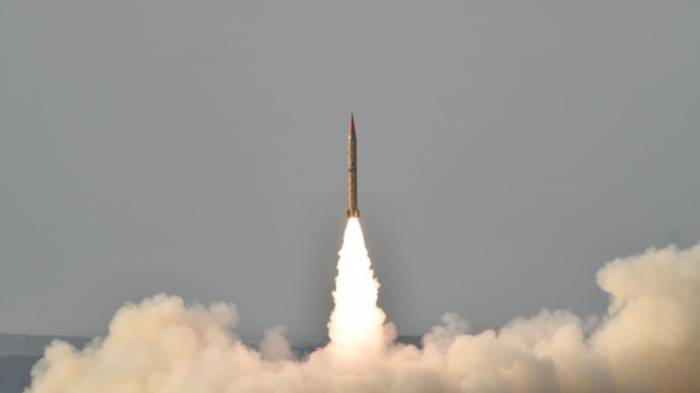Mohsin Siddiqui (Chief Reporter)
Major (rtd) Adil Farooq Raja and Captain (rtd) Haider Raza Mehdi, former army officers known for their substantial YouTube following, have been handed jail sentences of 14 and 12 years, respectively, following a Field General Court Martial. The announcement was made by the Inter-Service Public Relations (ISPR) on Saturday.
The ISPR stated that both retired officers were convicted and sentenced under the Pakistan Army Act, 1952, for charges related to “inciting sedition” among army personnel, obstructing the discharge of duties, and violating the provisions of the Official Secrets Act, 1923, concerning espionage and acts prejudicial to the safety and interest of the state.
Major (rtd) Adil Farooq Raja received a “14 years rigorous punishment,” while Captain (rtd) Haider Raza Mehdi was handed “12 years rigorous punishment,” according to the military’s media wing.
The convictions were reached on October 7 and October 9, 2023, through a judicial process carried out by the court of competent jurisdiction, as per the ISPR statement. Subsequently, on November 21, 2023, the ranks of both officers were forfeited.
Notably, it is unlikely that either Raja or Mehdi will serve the sentence, given their current residence outside of Pakistan.
These convictions are believed to be connected to the incidents on May 9, during which the arrest of PTI Chairman Imran Khan led to widespread violence and attacks on important military installations.
Earlier in June, Islamabad’s Ramna Police Station had filed cases against four individuals, including Raja and Mehdi, for allegedly inciting a mob during the violent protests on May 9. Khyber Pakhtunkhwa caretaker minister for information, Feroze Jamal Shah Kakakhel, had accused Raja of “anti-state activities.”
The charges against the former army officers include sections of the Pakistan Penal Code related to criminal conspiracy, waging war against Pakistan, conspiracy to commit offenses, abetting mutiny, and acts of terrorism, among others.
International organizations such as Amnesty International and Reporters Without Borders have expressed concerns over the use of sedition laws in such cases, highlighting their potential to “silence commentators and journalists.”




